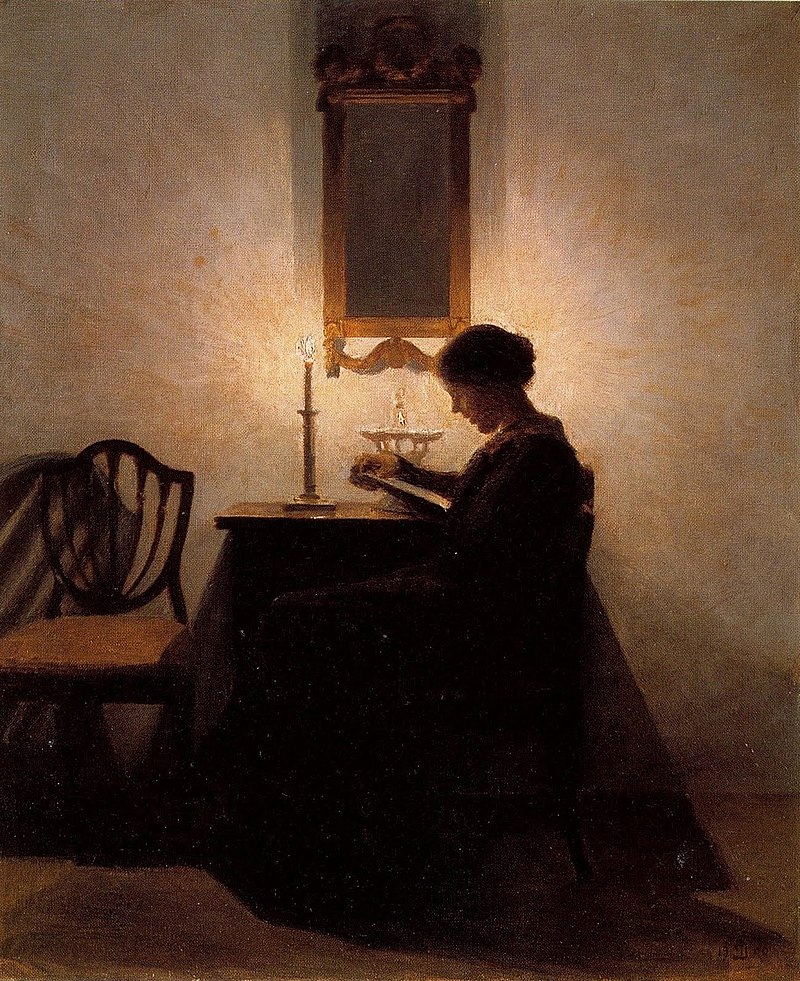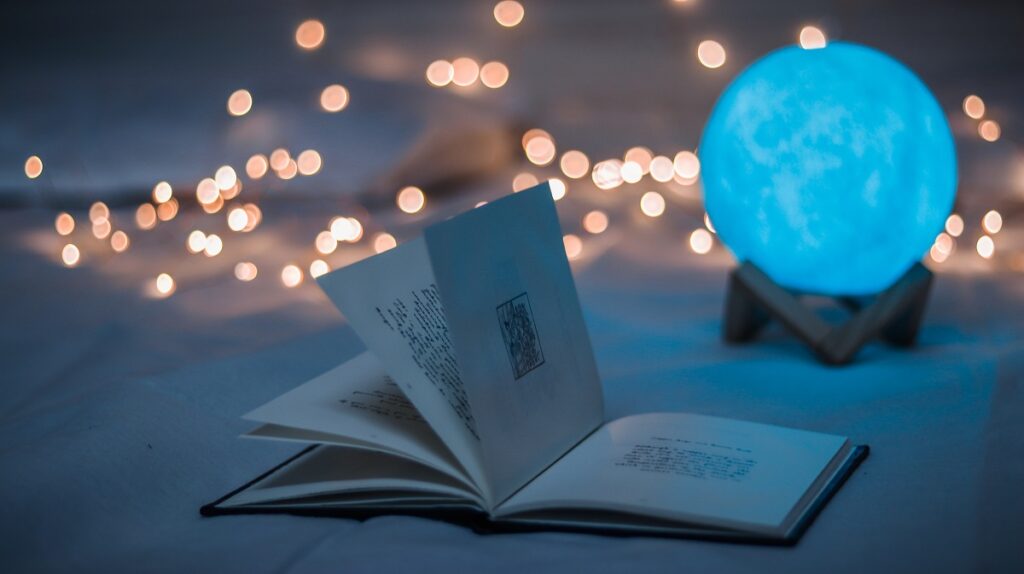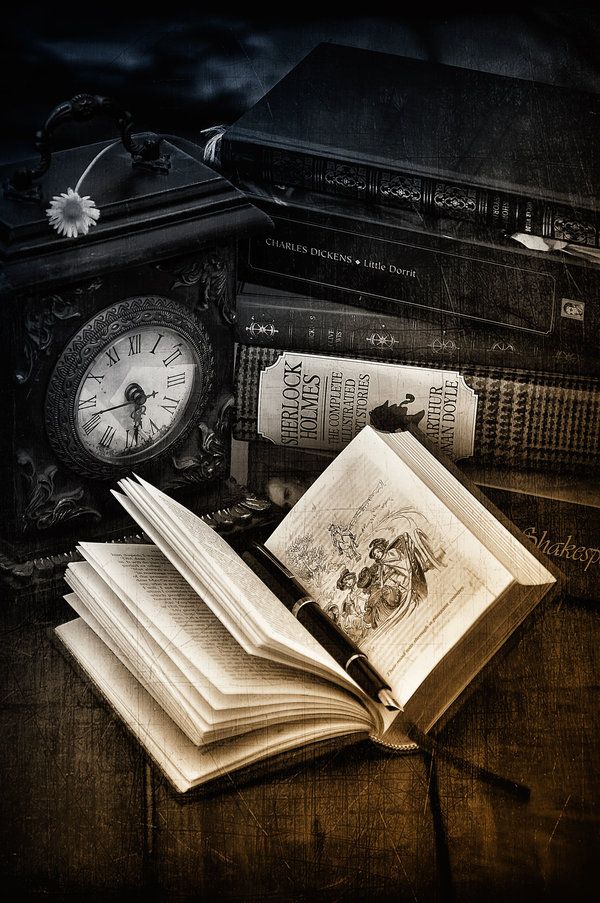Feel the Classics: 10 Romantic Sonnets by William Shakespeare
Among many events marked in spring, April has a special day, particularly loved by the fans of British literature: they celebrate the anniversary of Shakespeare’s birthday. Supposedly, William Shakespeare is the name that is remembered in seconds when anyone is asked about prominent classic authors of all times. He was a talented actor and fruitful…

Among many events marked in spring, April has a special day, particularly loved by the fans of British literature: they celebrate the anniversary of Shakespeare’s birthday. Supposedly, William Shakespeare is the name that is remembered in seconds when anyone is asked about prominent classic authors of all times. He was a talented actor and fruitful author who presented the world’s plays, poems, and narratives. His heritage is often described as the foundation of classic British literature, and being translated to numerous languages, it has had a great impact on the literature of the whole world.
As spring is also believed to be the most romantic part of the year, today I’d like to honour his talent here with the collection of romantic sonnets. I have to admit that through the years since I read the first line by Shakespeare, his sonnets have been my favourite part among everything he wrote. What is the most impressive thing to think about, they are still actual and describe the feelings people have again and again from generation to generation. Let’s feel that vibe of eternal romance.
Sonnet 18
Shall I compare thee to a summer’s day?
Thou art more lovely and more temperate:
Rough winds do shake the darling buds of May,
And summer’s lease hath all too short a date:
Sometimes too hot the eye of heaven shines,
And too often is his gold complexion dimm’d:
And every fair from fair sometimes declines,
By chance or natures changing course untrimm’d;
By thy eternal summer shall not fade,
Nor lose possession of that fair thou owest;
Nor shall Death brag thou wander’st in his shade,
When in eternal lines to time thou growest:
So long as men can breathe or eyes can see,
So long lives this and this gives life to thee.
Sonnet 23
As an unperfect actor on the stage,
Who with his fear is put besides his part,
Or some fierce thing replete with too much rage,
Whose strength’s abundance weakens his own heart;
So I, for fear of trust, forget to say
The perfect ceremony of love’s rite,
And in mine own love’s strength seem to decay,
O’ercharg’d with burden of mine own love’s might.
O, let my books be then the eloquence
And dumb presagers of my speaking breast;
Who plead for love, and look for recompense,
More than that tongue that more hath more express’d.
O, learn to read what silent love hath writ:
To hear with eyes belongs to love’s fine wit.
Sonnet 29
When, in disgrace with fortune and men’s eyes,
I all alone beweep my outcast state
And trouble deaf heaven with my bootless cries
And look upon myself and curse my fate,
Wishing me like to one more rich in hope,
Featured like him, like him with friends possess’d,
Desiring this man’s art and that man’s scope,
With what I most enjoy contented least;
Yet in these thoughts myself almost despising,
Haply I think on thee, and then my state,
Like to the lark at break of day arising
From sullen earth, sings hymns at heaven’s gate;
For thy sweet love remember’d such wealth brings
That then I scorn to change my state with kings.
Sonnet 37
As a decrepit father takes delight
To see his active child do deeds of youth,
So I, made lame by fortune’s dearest spite,
Take all my comfort of thy worth and truth.
For whether beauty, birth, or wealth, or wit,
Or any of these all, or all, or more,
Entitled in thy parts do crownèd sit,
I make my love engrafted to this store.
So then I am not lame, poor, nor despised,
Whilst that this shadow doth such substance give
That I in thy abundance am sufficed,
And by a part of all thy glory live.
Look what is best, that best I wish in thee.
This wish I have; then ten times happy me.
Sonnet 47
Betwixt mine eye and heart a league is took,
And each doth good turns now unto the other.
When that mine eye is famished for a look,
Or heart in love with sighs himself doth smother,
With my love’s picture then my eye doth feast
And to the painted banquet bids my heart.
Another time mine eye is my heart’s guest,
And in his thoughts of love doth share a part.
So either by thy picture or my love,
Thyself away are present still with me;
For thou no farther than my thoughts canst move,
And I am still with them, and they with thee;
Or if they sleep, thy picture in my sight
Awakes my heart to heart’s and eye’s delight.
Sonnet 57
Being your slave, what should I do but tend
Upon the hours and times of your desire?
I have no precious time at all to spend,
Nor services to do, till you require.
Nor dare I chide the world-without-end hour
Whilst I, my sovereign, watch the clock for you,
Nor think the bitterness of absence sour
When you have bid your servant once adieu;
Nor dare I question with my jealous thought
Where you may be, or your affairs suppose,
But, like a sad slave, stay and think of nought
Save, where you are how happy you make those.
So true a fool is love that in your will,
Though you do any thing, he thinks no ill.
Sonnet 61
Is it thy will thy image should keep open
My heavy eyelids to the weary night?
Dost thou desire my slumbers should be broken,
While shadows like to thee do mock my sight?
Is it thy spirit that thou send’st from thee
So far from home into my deeds to pry,
To find out shames and idle hours in me,
The scope and tenor of thy jealousy?
O no; thy love, though much, is not so great.
It is my love that keeps mine eye awake,
Mine own true love that doth my rest defeat,
To play the watchman ever for thy sake.
For thee watch I whilst thou dost wake elsewhére,
From me far off, with others all too near.
Sonnet 102
My love is strengthened, though more weak in seeming;
I love not less, though less the show appear.
That love is merchandised whose rich esteeming
The owner’s tongue doth publish everywhere.
Our love was new, and then but in the spring,
When I was wont to greet it with my lays,
As Philomel in summer’s front doth sing,
And stops his pipe in growth of riper days.
Not that the summer is less pleasant now
Than when her mournful hymns did hush the night,
But that wild music burthens every bough,
And sweets grown common lose their dear delight.
Therefore, like her, I sometime hold my tongue,
Because I would not dull you with my song.
Sonnet 116
Let me not to the marriage of true minds
Admit impediments. Love is not love
Which alters when it alteration finds,
Or bends with the remover to remove.
O no, it is an ever-fixèd mark
That looks on tempests and is never shaken;
It is the star to every wand’ring bark,
Whose worth’s unknown, although his height be taken.
Love’s not time’s fool, though rosy lips and cheeks
Within his bending sickle’s compass come:
Love alters not with his brief hours and weeks,
But bears it out even to the edge of doom.
If this be error and upon me proved,
I never writ, nor no man ever loved.
Sonnet 130
My mistress’ eyes are nothing like the sun;
Coral is far more red than her lips’ red;
If snow be white, why then her breasts are dun;
If hairs be wires, black wires grow on her head.
I have seen roses damask’d, red and white,
But no such roses see I in her cheeks;
And in some perfumes is there more delight
Than in the breath that from my mistress reeks.
I love to hear her speak, yet well I know
That music hath a far more pleasing sound;
I grant I never saw a goddess go;
My mistress, when she walks, treads on the ground:
And yet, by heaven, I think my love as rare
As any she belied with false compare.
You may also like love poetry by Pablo Neruda, poems by Emily Dickinson, winter and Christmas poems, and 10 touching poems about love

















